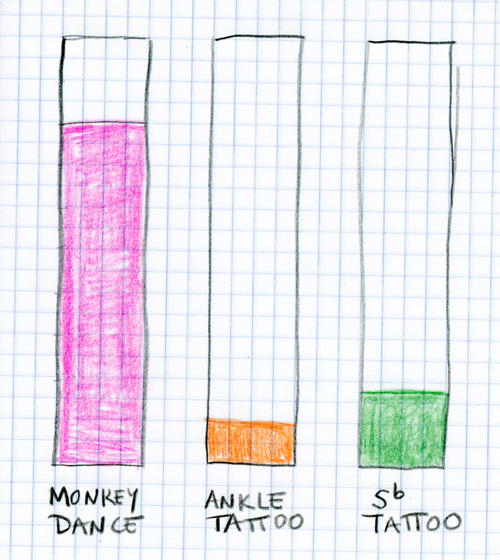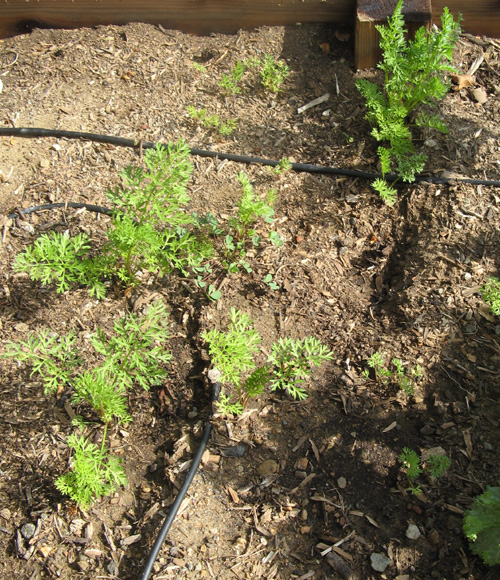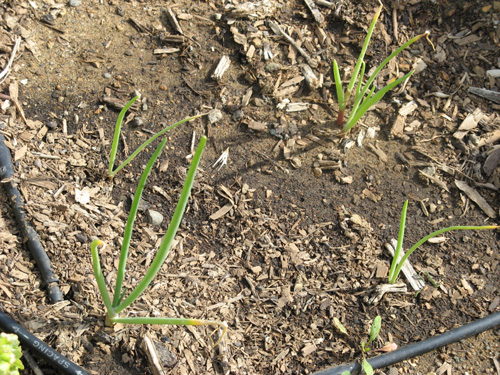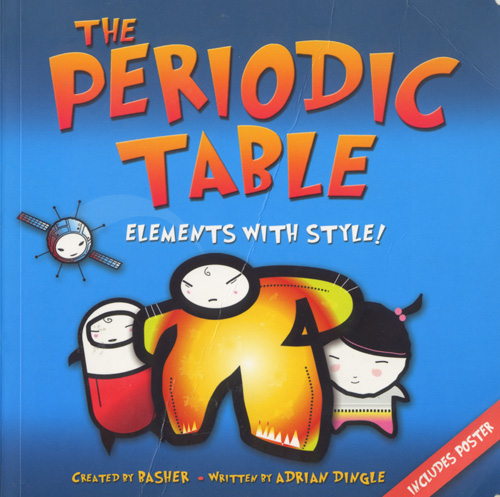My better half was clearing plates from the kitchen table as I was cooking something.
Dr. Free-Ride’s better half: Hey, I thought our kids like zucchini bread.
Dr. Free-Ride: They do. That piece was [the kid across the street’s] — always gladly accepts a snack, never has more than a few bites.
Dr. Free-Ride’s better half: Huh.
Dr. Free-Ride: I think that’s why when our kids are over there, there are so many snacks. If you have a kid who only eats a little at a time, you have to feed continuously.
Dr. Free-Ride’s better half: Why don’t our kids eat like birds?
Dr. Free-Ride: I’m going to guess that genetics have something to do with it. But their metabolic reserves will carry them through when zombies have disrupted Trader Joe’s supply chain.
Continue reading→




